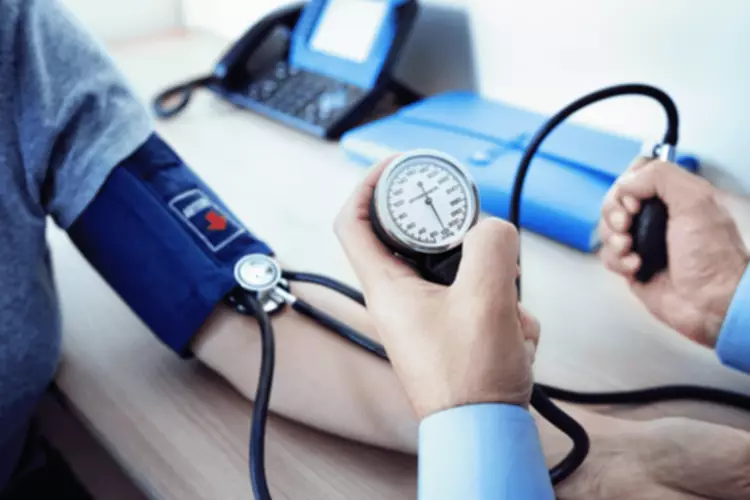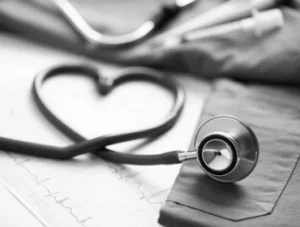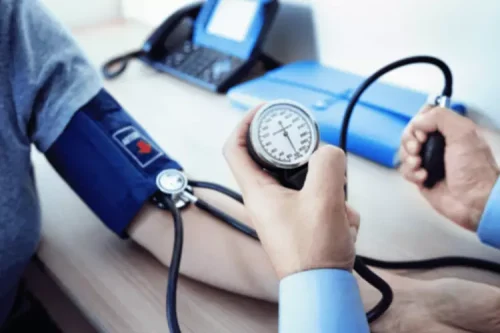
The process of metabolizing alcohol is more complex than many might think. When you consume alcohol, it enters your bloodstream and affects every part Substance abuse of your body. However, it’s primarily the liver that plays a crucial role in breaking down alcohol. If you’re tired of feeling terrible for days after you stop drinking, it might be time to try medication-assisted treatment for alcohol use disorder.
Latest Gilmore Health News
The adequate daily water intake is 125 ounces (3.7 liters) for men and 91 ounces (2.7 liters) for women. You may need more flush alcohol out of your system or less depending on your diet, where you live, and your activity level (25). You should regularly sleep 7 to 9 hours per night to help promote good health (18). Recognizing acetaldehyde as a toxin, your liver converts it to a harmless substance called acetate, which it eliminates from your body (3).
How Long Does It Take To Fully Detox From Alcohol?

The road to sobriety is not an easy road to take, but recovery is always possible. Alcohol detoxification programmes are treatment plans created for people dealing with alcohol dependency. Residential rehab is especially advantageous for those who struggle to remain sober and need assistance to overcome their addiction.
Metabolism of Alcohol
This swelling increases pressure within the brain, leading to symptoms like confusion, drowsiness, and headaches. In severe cases, it might result in high blood pressure and a slowed heart rate. The food you eat while recovering from a night of drinking will affect how quickly you detoxify your body. Some foods can help speed up the process and make you feel better, whereas others hinder recovery.

What are the six main points of Dialectical Behavior Therapy?
- Unfortunately, most of these remedies are ineffective, and some can even be more harmful, such as “hair of the dog” or having another drink in the morning.
- At that rate, you can still be over the legal limit of 0.08 to drive the next morning if you’ve had several drinks or more.
- Zinc deficiency can hinder the effectiveness of hepatic enzymes that break down alcohol, which intensifies and prolongs the effects of alcohol intoxication.
- On the other hand, if you’re trying to quickly get alcohol out of your system for a drug and alcohol test or for a court ordered alcohol test, you’re out of luck.
Adequate sleep allows your brain to reorganize, recharge, and eliminate toxins that accumulate throughout the day. Limiting or abstaining entirely from alcohol is one of the best ways to keep your body’s detoxification system running strong. Excessive drinking can severely damage your liver function by causing fat buildup, inflammation, and scarring (9). The term toxin can refer to pollutants, synthetic chemicals, heavy metals, and processed foods, which can negatively affect health. Remember, the healthier your liver is, the faster it will process alcohol and help you reach sobriety.
Health Categories to Explore
Drinking plenty of water helps to dilute alcohol in your bloodstream and supports the proper functioning of your organs, including your liver and kidneys. Age, weight, food intake during alcohol consumption, medications, liver health, and the time between drinks all contribute to how long alcohol remains in your body. While no specific foods can instantly speed up alcohol metabolism, certain dietary practices can support liver function and overall metabolism. Probiotic foods and green tea have been suggested to support liver health, which can aid in alcohol metabolism. Fructose, found in fruits, can also assist in converting NADH to NAD+, aiding in alcohol metabolism.
Foods to Avoid During Alcohol Detox
Alcoholic beverages cause dehydration, which can immediately give a person a massive headache after drinking. As a result, they might either take a day off and stay asleep for the entire day or go to work and produce poor results. Depending on the timing of alcohol and consumption, alcohol levels can continue to rise during sleep and lead to alcohol poisoning.

Eat and Avoid Certain Foods
After the alcohol passes through your stomach, small intestine and bloodstream, your liver starts its cleanup. Learn more about the short- and long-term effects of drinking alcohol. While certain techniques may help a person feel more awake, they will not eliminate alcohol from the blood more quickly and so will not lower the BAC level. Zainab is a skilled member of the ChoicePoint team of medical content writers. With 4 years of relevant experience, she is passionate about conveying accurate and up-to-date information through her writing.
Breaking the Cycle: The Role of Codependency in Substance Abuse
Aim for 7-9 hours of uninterrupted sleep each night to support the detoxification process. Hydration is essential for supporting your body’s natural detoxification processes, including the elimination of alcohol. When alcohol is consumed, it can lead to dehydration as it acts as a diuretic, increasing urine production. Dehydration can hinder the elimination of alcohol from your system and prolong the detoxification process. The side effects of alcohol consumption, such as dehydration, cognitive impairment, and nausea, can leave you feeling tired and irritable the next day. Studies found that people who slept less after a night of drinking tended to experience worse hangovers than those who got more sleep.

A regular-sized drink will take 1 to 1.5 hours to process, no matter how much water you consume along with it. However, drinking water between alcoholic beverages can help stave off a hangover or reduce its severity. Remember that while these foods and drinks can support your recovery, the most effective way to eliminate alcohol from your system is time. Your liver will metabolize alcohol at its own pace, and these choices can complement the natural detoxification process. Quality sleep is crucial for your body’s natural detoxification processes. During sleep, your body repairs and rejuvenates itself, allowing it to effectively eliminate toxins, including alcohol, from your system.

Leave A Comment